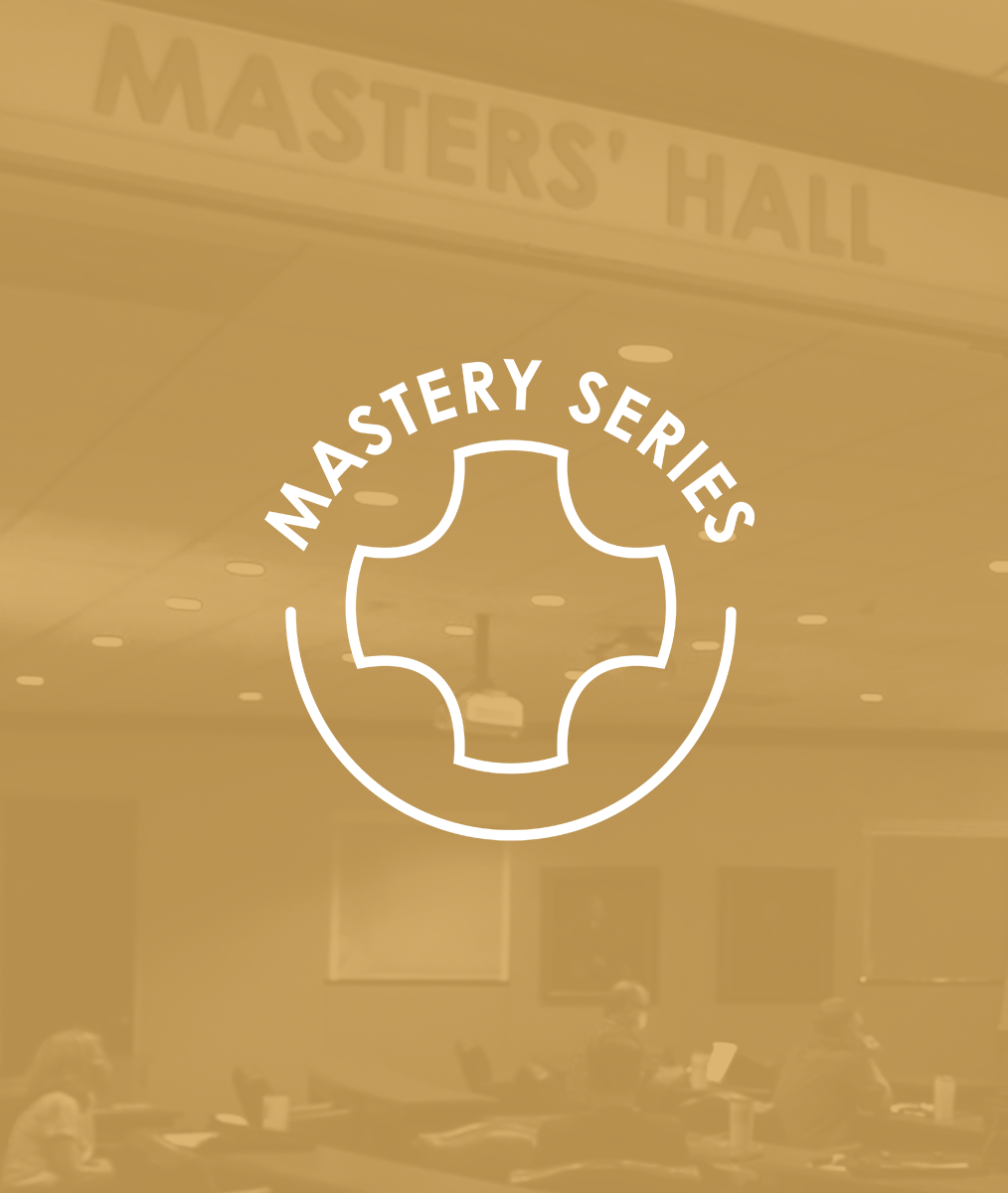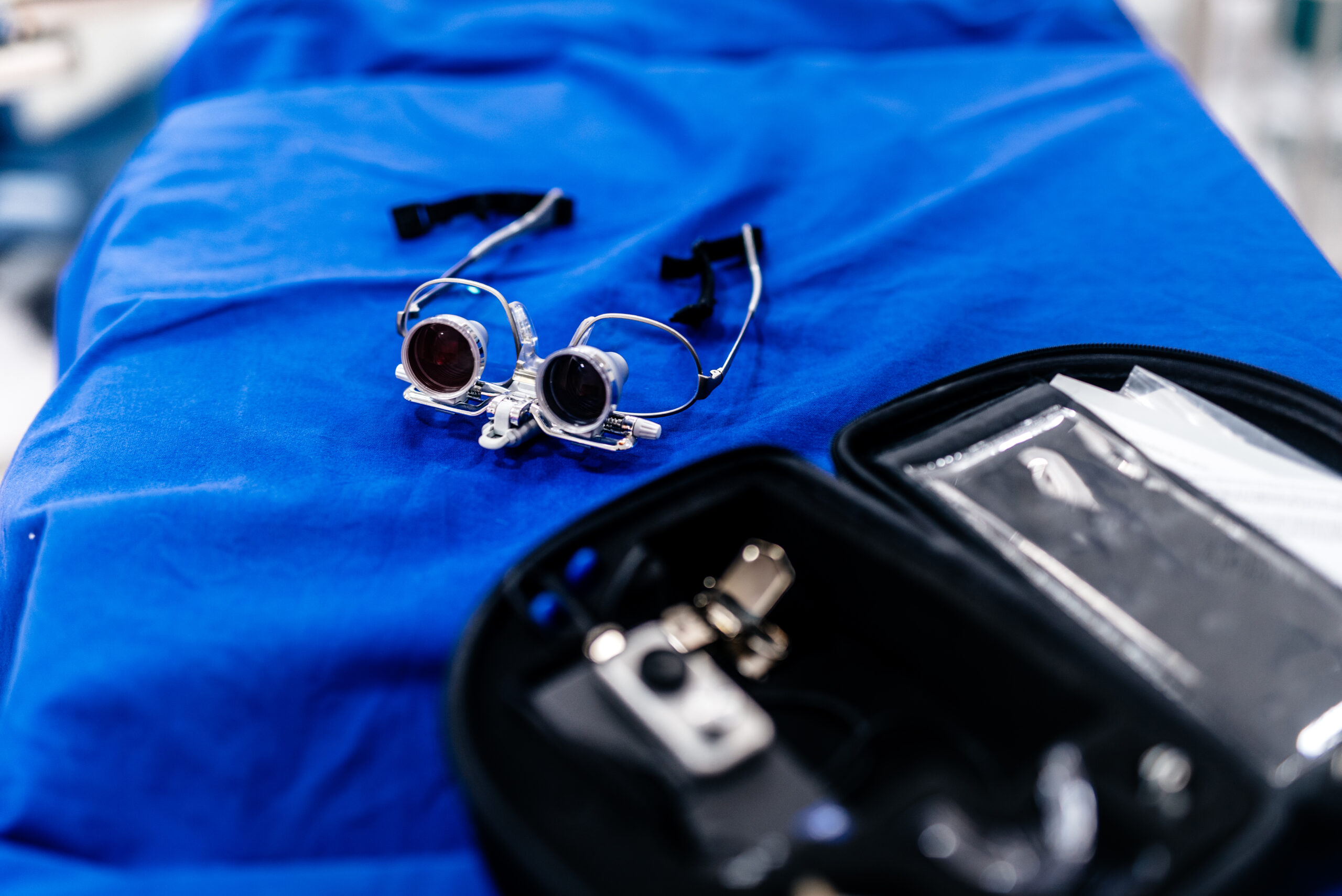
The Art of Influencing Our Patients Part 4: An Opportunity to Collaborate
After practicing dental hygiene for more than twenty years, I went to work in the office of Dr. Doug Roth who was attending courses at The Pankey Institute. He had a copy of Dr. Bob Barkley’s book, Successful Preventive Dental Practices. Reading that book was a revelation for me. Although I never knew Bob Barkley, his work so resonated for me that I had the feeling he had read my thoughts about working with patients.
I had believed for some time that more was possible in dentistry. I had worked with good dentists and felt as though I took good care of my patients in the time I was allowed to spend with them. We were kind, thorough in our exams, and conscientious in treatment recommendations. Sometimes they took our recommendations, and sometimes they did not. I did not think there was much we could do to change that.
As a result of Bob Barkley’s book and the courses Doug was taking at the Pankey Institute, we incorporated a new model for bringing new patients into the office. Instead of moving patients quickly through an exam and treatment recommendations, we invested time and attention to get to know patients in a different way before we recommended significant treatment. I had no idea of the depth of connection we could have with patients, and the impact we could have on their health and well-being!
We spent “engaged” time with patients over a variety of appointments. We came to understand that the clinical tasks we had to accomplish were a small part of caring for patients. We began to see every interaction, with every patient, as an opportunity to get to know them and what was important to them to help them make healthy choices.
Over time we discovered with our patients:
- The status of the dental health
- The challenges of their current conditions
- The implications of these conditions if nothing was done to intervene
- Interventions they and we could do to change the trajectory of disease.
- A possible preferred future of choice
- Considerations involved in various treatment choices.
When we met patients where they were instead of where we thought they “should be” we found that some were ready sooner than others. We stopped giving patients solutions to problems they did not yet own. We came to understand that if we gave patients the time and attention they needed to own their existing conditions they were more curious about what Dr. Barkley called their “Probable Future” and more likely to pursue a “Possible Future.”
Without this spirit of collaboration and intentional patient development, we cannot do our best work.
Our influence develops throughout a process in which the patient is learning, in touch with their body, and engaged in thinking about the implications of the various aspects of their oral health. Because the conditions we discover today and our patient’s choices will impact their future health, we have a moral obligation to share what our experience tells us is likely to happen (the probable future) if they do nothing or if they choose a stop-gap treatment.
It is also our responsibility to help them see a preferred future that is possible for them when they are ready.
By engaging them in the exam process, creating opportunities for them to experience learning about their health, and welcoming them into collaboration, we enable them to partner with us in shaping their future. We must help them understand the implications of any choice they might make including its limitations, so they are fully informed to make true choices.
We have been trained to be efficient, and most dental clinicians have pride in their efficiency. But by prioritizing being “effective” over being efficient we make better use of our time and theirs. We experience an increase in trust, in our patient’s confidence in their decisions, and a more comprehensive view of treatment. Patients begin to see dentistry as a vehicle to create optimal health, function, and esthetics. Patients are more likely to keep their appointments, follow through on suggestions, and pay for our care with gratitude.
When we invest time in the early stages of our relationships, everything down the road flows more easily.
Related Course
Masters’ Week
DATE: June 2 2025 @ 8:00 am - June 5 2025 @ 2:00 pmLocation: The Pankey Institute
CE HOURS: 27
Dentist Tuition: $ 8500
Single Occupancy with Ensuite Private Bath (per night): $ 345
Master Your Skills Masters’ Week is a unique learning experience each and every year where we bring together a group of talented speakers to share on a range of topics….
Learn More>






